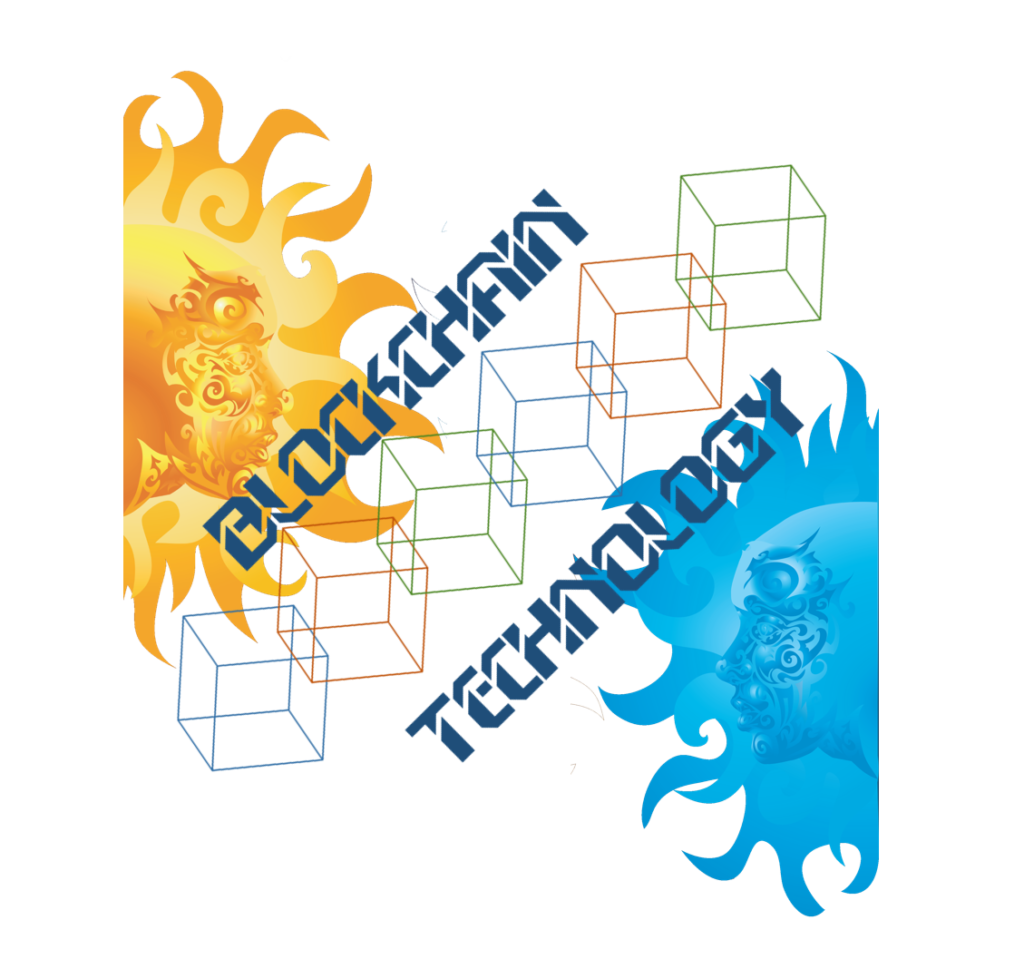Blockchain is a hot topic; especially among supply chain professionals. According to Kim S. Nash (@knash99), much of what is being said about blockchain is hype. “Blockchain is hot,” Nash writes. “Blockchain is way more than bitcoin. Blockchain is the new internet. Blockchain will disrupt business models and eliminate the middlemen that impede today’s transactions. This all may be true, someday. But right now, blockchain is in a lull.”[1] While it’s true blockchain is not being implemented as quickly as the hype might suggest, vision always precedes action. In blockchain’s case, the steps to implement it in the supply chain are not as straight forward as the hype would have you believe. Lora Cecere (@lcecere), founder and CEO of Supply Chain Insights, suggests four reasons blockchain implementation has been slow.[2] They are:
- There is a Lot to Figure Out. Cecere writes, “Blockchain is a piece of a larger technology platform. It is critical to define the publish/subscribe mechanisms, the data architecture, and think through the nodes. Blockchain is a decentralized system based on nodes. The nodes enable replication and authentication of the data. We are not clear on which companies should be a node and how to architect public data sharing across the supply chain.”
- Security in Many-to-Many Architectures is difficult. “Most of the blockchain work today is one-to-many, not many-parties-to-many-parties,” Cecere writes. “Supply Chain Operating Networks like Elemica, GT Nexus (now Infor), and SAP Ariba are many-parties-to-many-parties. The complexity of many-to-many networks, as compared to one-to-many operating networks, is different by an order of magnitude. Security and data management in many-to-many architectures, and the management within blockchain, is still experimental.”
- Most Organizations are not Set up to Test. Cecere notes, “People with a deep understanding of EDI are in different organizations than the business teams. In most organizations they do not know each other. Companies want definitive ROIs. Power brokers — companies with significant buying power — are not stepping up to the plate (with the exception of Maersk and Walmart).”
- We Have More Sticks than Carrots. “While supply chain leaders talk about collaboration,” writes Cecere, “over the last decade processes steadily pushed cost and waste backwards in the supply chain. The cost of doing business is much more expensive for companies four and five layers back in the value network.”
In order for blockchain to work, everybody in the transaction chain must agree to a standardized protocol. In today’s crazy world, getting people to agree on anything is challenging. Despite the challenges, however, most experts believe pursuing blockchain technology will be worth the effort. To learn more about how blockchain technology works, read my article entitled, “Blockchain and Trust.”
The Blockchain Vision
Harry Goodnight (@harry_goodnight), an executive advisor to the Sweetbridge Foundation, writes, “Supply chain is an industry that stands to reap vast benefits by adopting blockchain.”[3] He goes on to explain why he believes the technology will have a beneficial impact on supply chain transactions:
“Supply chain transactions are significantly more complex than most financial exchanges, involving more data, asynchronous processes, and potentially hundreds of companies in a single supply chain. In fact, they can more accurately be referred to as networks, consisting of companies and service providers that ‘wrap’ back on one another, with each produced item consumed by another supply chain, serving as an input to the next supply chain’s product. The fact that there is no single system to manage all supply chain processes and transactions has caused rampant problems in terms of data latency and accuracy. Supply chains also are global in nature and subject to uncontrollable factors, like political and social conflict and natural disasters. As a result, supply chain managers worldwide are increasingly facing issues in terms of customer service, cost control, risk management, supplier relationship management and talent supply. Additionally, the numerous players in the system often use disparate record-keeping systems, in both paper and digital formats, making it difficult to synchronize systems. These disadvantages have created many inefficiencies for supply chains, making it difficult to orchestrate multiple parties to produce a product and deliver it on time and on budget. Blockchain can provide a seamless solution to many issues in supply chain. By creating a digital ledger that cannot be altered, blockchain eliminates the need for a central authority or third parties to verify their legitimacy.”
In other words, even in a network of networks value system, blockchain provides a true and unbreakable chain of transaction history. Joe McKendrick (@joemckendrick), a supply chain analyst, concludes, “Blockchain technology may be shaking up a supply chain near you. It’s smarter, it’s faster, and it gets more participants on board.”[4] Michael J. Casey, a partner with Agentic Group, and Pindar Wong, chairman of VeriFi Ltd, observe, “A fundamental advantage of this distributed system, where no single company has control, is that it resolves problems of disclosure and accountability between individuals and institutions whose interests aren’t necessarily aligned. Mutually important data can be updated in real time, removing the need for laborious, error-prone reconciliation with each other’s internal records. It gives each member of the network far greater and timelier visibility of the total activity. In a nutshell, this is a global system for mediating trust and selective transparency.”[5]
Blockchain Reality
As Nash noted at the beginning of this article, blockchain technology is off to a slow start. Kevin O’Marah (@komarah), Chief Content Officer at SCMWorld, explains, “Blockchain is presently at the peak of Gartner’s Hype Cycle, which means the next stop is the Trough of Disillusionment.”[6] It’s way too early for people to be disillusioned about the technology. It’s like telling your five-year-old child you’re disappointed he or she hasn’t accomplished more in their life. Just like your child, blockchain needs time to develop. Casey and Wong note that standardization also remains a big hurdle. They explain, “Achieving global economic capacity for the most significant public blockchains, digital-currency service bitcoin and smart contract platform Ethereum, is constrained by divisions in their open-source communities, making it difficult to agree on protocol upgrades. Second, there needs to be interoperability across private and public blockchains, which will require standards and agreements.”
Summary
Analysts from BTCManager believe blockchain technologies will eventually be demanded by both companies and consumers. They explain, “The opacity of extremely long supply chains … disturbs retailers and consumers: with thousands of miles to go and dozens of borders to cross, origins of a product may become unrecognizable. Problems with smugglers and drug traffickers just build on top of that and also require due diligence and thorough control on behalf of multiple parties.”[7] They add, “All those problems can be automatically solved by blockchain technology; being an immutable ledger of data, it ensures that the entire supply chain remains visible and controllable. … Even though progress in this regard is only at early stages, if more and more companies and nation states embrace the changes, in just ten years the whole world may change beyond recognition.”
Footnotes
[1] Kim S. Nash, “The Morning Download: Where Is All The Blockchain Disruption?” The Wall Street Journal, 22 August 2017.
[2] Lora Cecere, “Why Is Blockchain Not Hotter?” Supply Chain Shaman, 22 August 2017.
[3] Harry Goodnight, “Why Blockchain Matters to Supply Chain,” Supply & Demand Chain Executive, 22 August 2017.
[4] Joe McKendrick, “Why Blockchain May Be Your Next Supply Chain,” Forbes, 21 April 2017.
[5] Michael J. Casey and Pindar Wong, “Global Supply Chains Are About to Get Better, Thanks to Blockchain,” Harvard Business Review, 13 March 2017.
[6] Kevin O’Marah, “Blockchain For Supply Chain: Enormous Potential Down The Road,” Forbes, 9 March 2017.
[7] Staff, “Blockchain Technology Can Reshape Global Supply Chains,” BTCManager, 11 July 2017.





